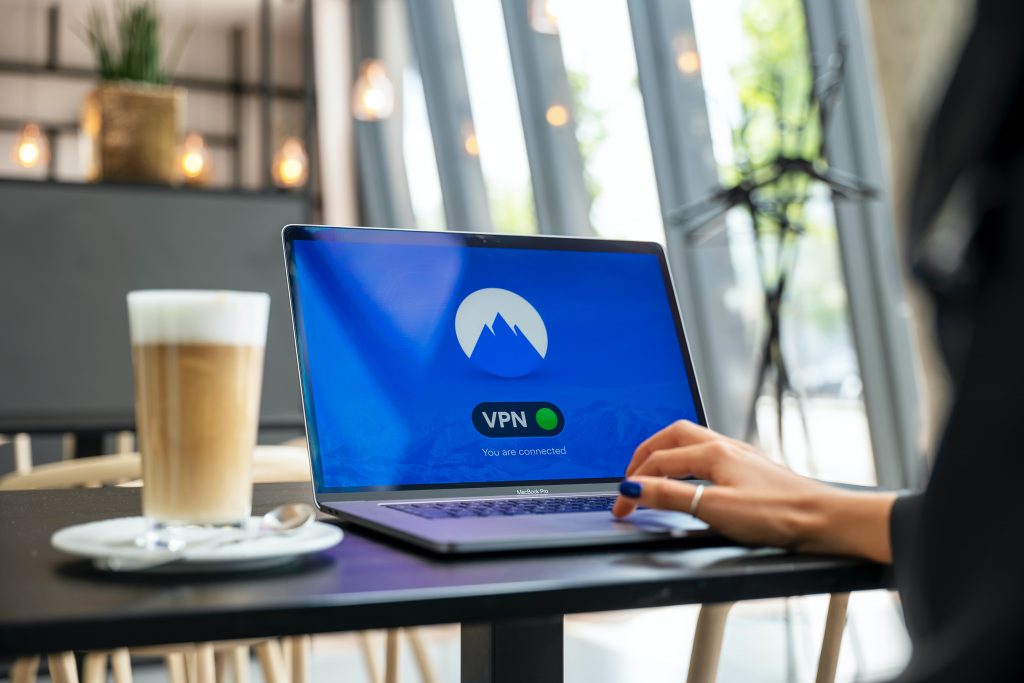Introduction
In an increasingly interconnected digital landscape, where personal and sensitive information is constantly transmitted over the internet, the need for robust online security has never been more critical. Virtual Private Network (VPN) services have emerged as indispensable tools for safeguarding individuals and businesses against cyber threats. This article delves into the essential role of VPN services in enhancing online security, protecting user privacy, and mitigating various cyber risks.
Understanding VPNs
A Virtual Private Network (VPN) is a technology that establishes a secure and encrypted connection between a user’s device and a server, typically operated by the VPN service provider. This encrypted tunnel ensures that data transmitted over the internet remains confidential and secure from potential eavesdroppers, hackers, or other malicious entities.
Enhancing Privacy
One of the primary functions of VPN services is to protect user privacy by anonymizing online activities. When users connect to a VPN, their IP address is masked, and their internet traffic is routed through the VPN server, making it difficult for third parties to trace their online activities back to them. This not only safeguards personal information but also prevents advertisers, ISPs, and even governments from tracking and monitoring user behavior.
Securing Public Wi-Fi Connections
Public Wi-Fi networks are convenient but often pose significant security risks. Cybercriminals can exploit vulnerabilities in these networks to intercept sensitive data, such as login credentials or financial information. VPNs encrypt the data transmitted over public Wi-Fi, adding a layer of security that is crucial for users who frequently connect to public networks, such as in cafes, airports, or hotels.
Bypassing Geo-restrictions
VPNs enable users to bypass geo-restrictions imposed by content providers or governments. By connecting to a server in a different location, users can access region-restricted content, streaming services, or websites. While this is a popular use case, it’s important to note that users should respect the terms of service and legality of such actions, as circumventing certain restrictions may violate policies.
Protecting Against Cyber Threats
VPN services play a vital role in protecting users against various cyber threats, including man-in-the-middle attacks, DNS spoofing, and other forms of cyber espionage. By encrypting internet traffic, VPNs create a secure channel that helps prevent unauthorized access to sensitive information, reducing the risk of data breaches and identity theft.
Business Applications
VPNs are widely used in the business world to facilitate secure remote access for employees. With the rise of remote work, VPNs have become essential tools for ensuring that employees can access company resources and communicate securely from various locations. This not only enhances productivity but also safeguards sensitive corporate data.
Conclusion
As the digital landscape continues to evolve, the importance of VPN services in bolstering online security cannot be overstated. Whether for personal use or within a corporate environment, VPNs provide a crucial layer of protection against cyber threats, ensuring that sensitive information remains confidential and secure. As individuals and businesses alike navigate the complexities of the online world, integrating a reliable VPN service into their cybersecurity strategy is a prudent and necessary step.

